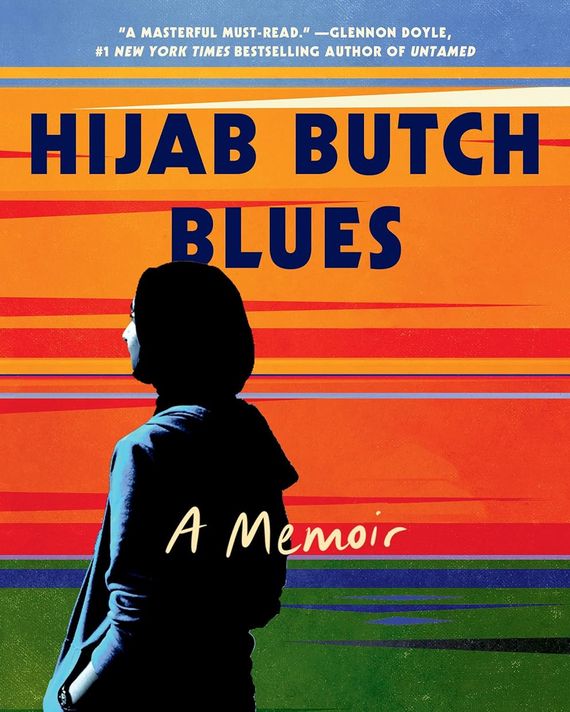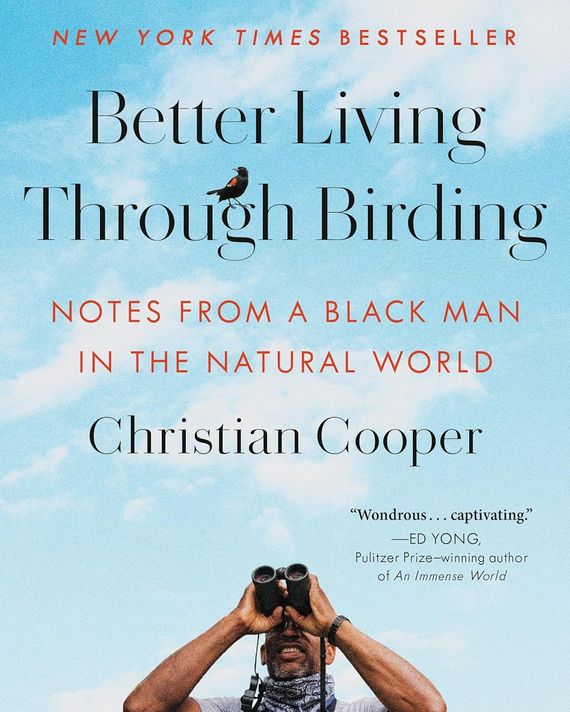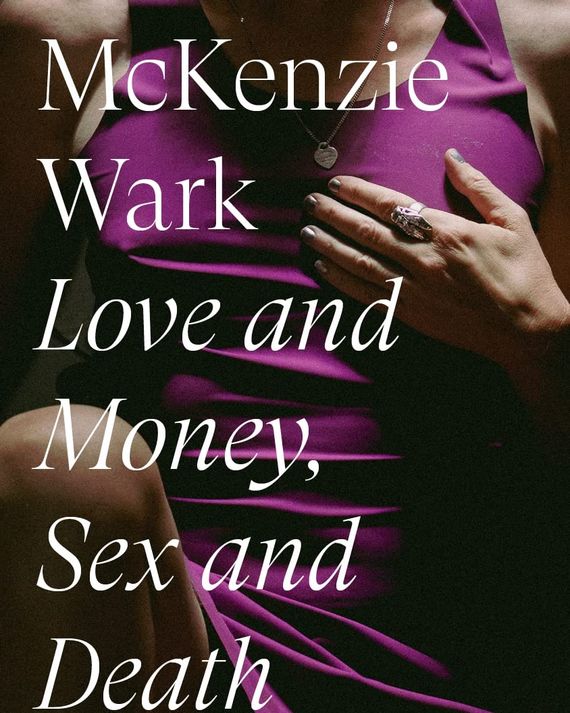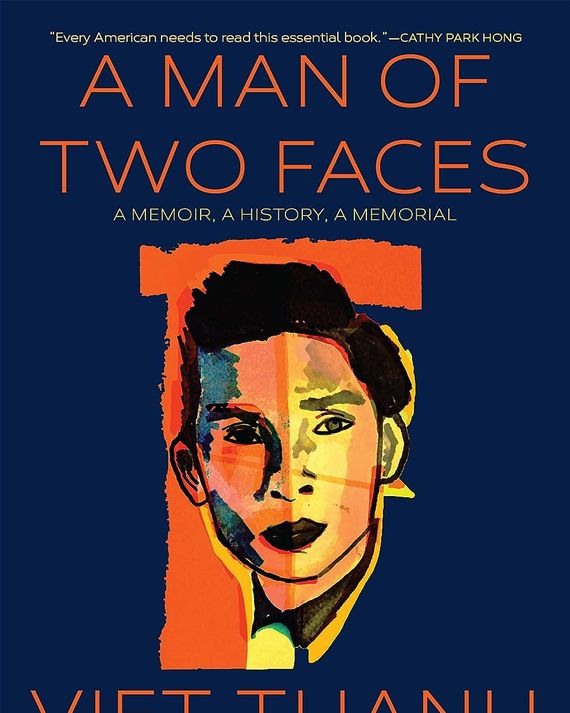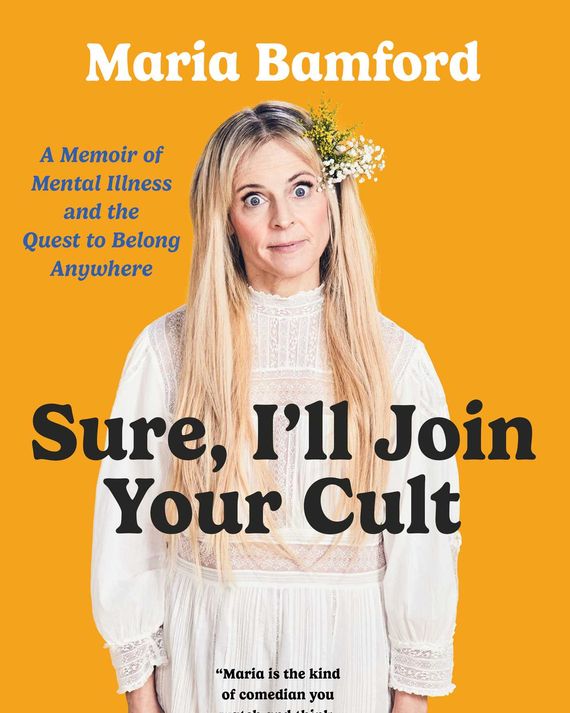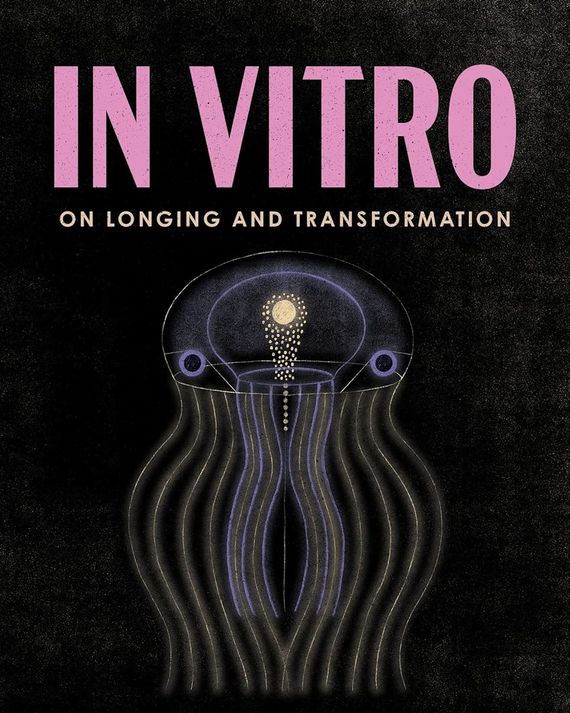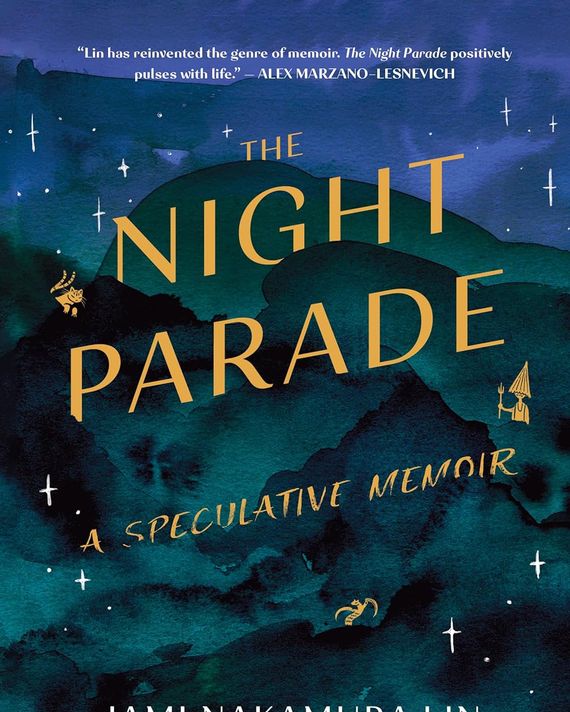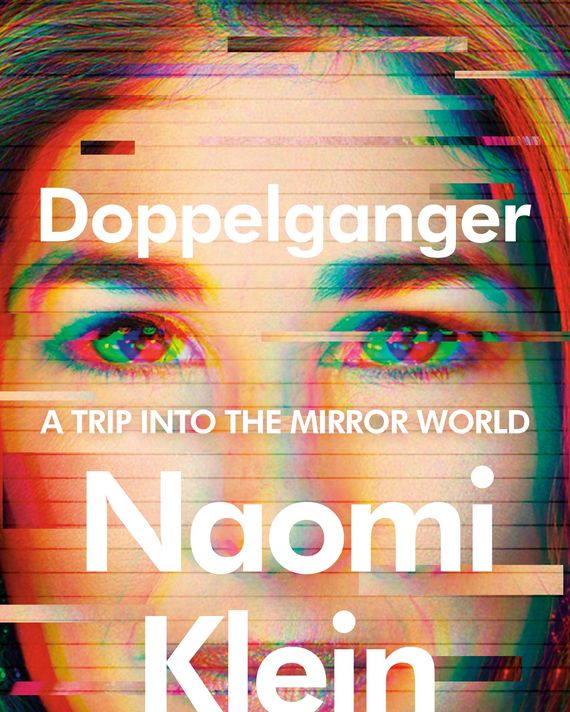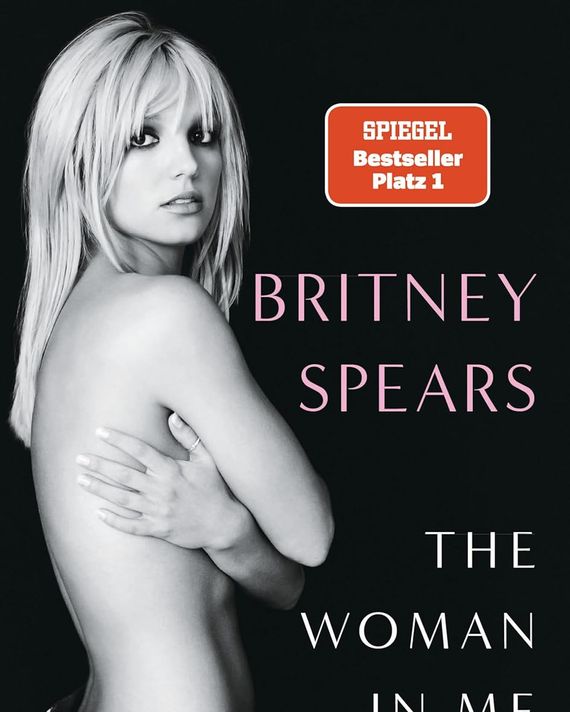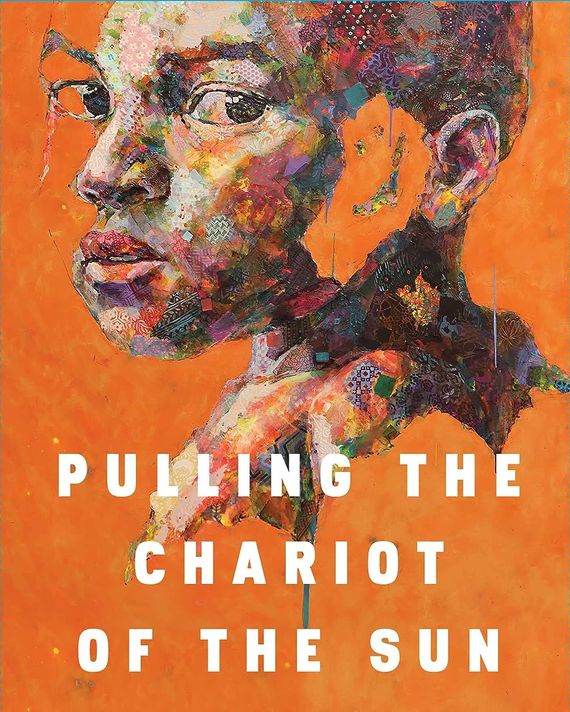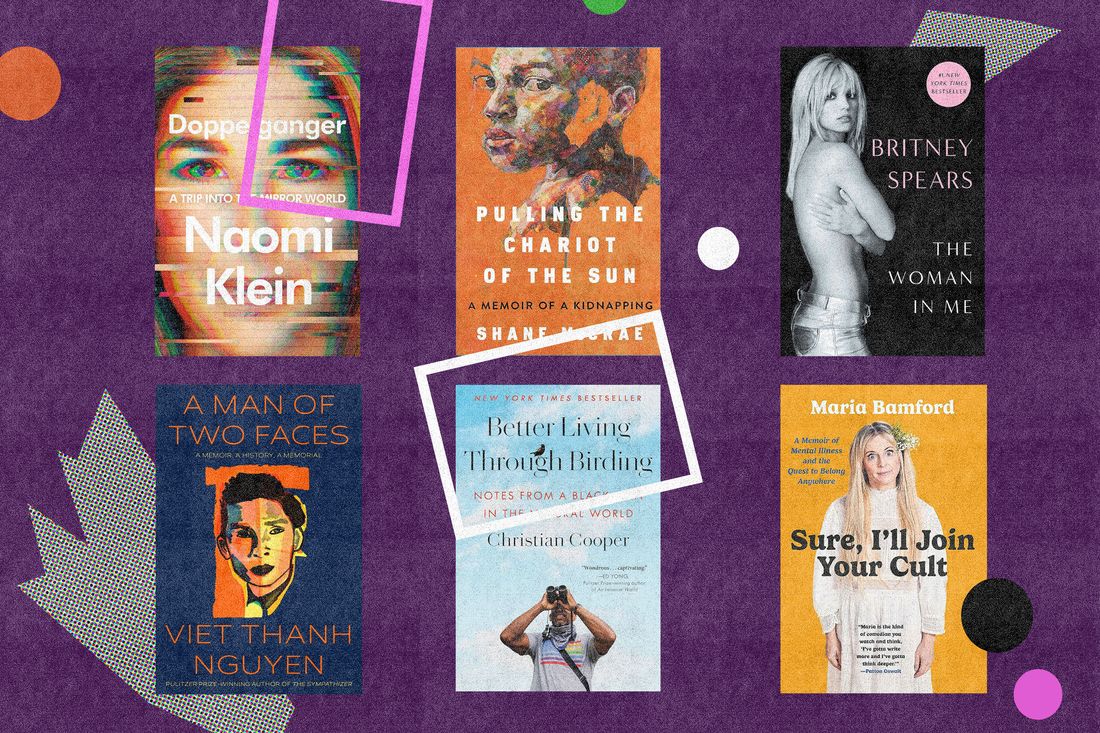
The beauty of memoir is its resistance to confinement: We contain multitudes, so our methods of introspection must, too. This year’s best memoirs perfectly showcase such variety. Some are sparse, slippery — whole lives pieced together through fragmented memories, letters to loved ones, recipes, mythology, scripture. Some tease the boundary between truth and fiction. Others elevate straightforward narratives by incorporating political theory, philosophy, and history. The authors of each understand that one’s life — and more significantly, one’s self — can’t be contained in facts. After all, the facts as we remember them aren’t really facts. It’s their openness and experimentation that allow, at once, intimacy and universality, provoking some of our biggest questions: How does a person become who they are? What makes up an identity? What are the stories we tell ourselves, and why do they matter? These books might not spell out the answers for you, but they’ll certainly push you toward them.
10.
Hijab Butch Blues, by Lamya H
NYC-based organizer Lamya H (a pseudonym) has described her memoir as “unapologetically queer and unapologetically Muslim.” What this looks like is a book that isn’t so much grappling with or reconciling two conflicting identities, but rather lovingly examining the ways each has supported and strengthened the other. Lamya provides close, queer readings of the Quran, drawing connections between its stories and her own experiences of persecution as a brown girl growing up in an (unnamed) Arab country with strict colorist hierarchies. Beginning with her study of the prophet Maryam — whose virgin pregnancy and general rejection of men brings a confused 14-year-old Lamya real relief during Quran class — Lamya draws on various religious figures to track her political, spiritual, and sexual coming of age, jumping back and forth in time as she grows from a struggling child into a vital artist and activist.
9.
Better Living Through Birding, by Christian Cooper
On May 25, 2020, birder Christian Cooper was walking the Central Park Ramble when he asked a white woman on the same path to leash her dog. She refused, he started recording, and after both he and his sister posted the video on social media, the whole world saw her call 911 and falsely claim that an African American man was threatening both her and her dog. Cooper quickly found himself at the center of an urgent conversation about weaponized whiteness and police brutality against Black men in the U.S., amplified by another devastating video circulating that same day: George Floyd’s murder by Minneapolis police. Many will pick up Cooper’s memoir for his account of the interaction that captured international attention and forever changed his life — and it is a powerful, damning examination — but it is far from the main event. By the time it shows up, Cooper has already given us poignant recollections of growing up Black and gay (and in the closet) in 1970s Long Island, a loving analysis of science fiction, a behind-the-scenes look at the comic-book industry as it broke through to the mainstream, and most significantly, an impassioned ode to and accessible education on recreational birding. (The audiobook comes with interstitial birdsong!) Recalling his time at Harvard, Cooper turns repeatedly to his love of his English classes, and this background comes through in his masterful writing. An already prolific writer in the comic-book space, his memoir marks his first (and hopefully not last) foray into the long-form territory.
8.
Love and Sex, Death and Money, by McKenzie Wark
McKenzie Wark is one of the sharpest, most exciting voices writing at the intersections of capitalism, community, gender, and sex — more broadly, everything in this title — and she is also criminally underread. In her epistolary memoir Love and Sex …, she looks at a lifetime of transitions — journeys not only through her gender, but also politics, art, relationships, and aging — and reflects on all the ways she has become the woman she is today, in letters to the people who helped shape her. Wark’s first letter is, fittingly, directed to her younger self. She acknowledges their infinite possible futures and that, in this way, this younger Wark on the brink of independence is the one most responsible for setting her on the path to this specific future. In theory, it’s a letter to offer clarity, even guidance, to this younger self, but really it’s a means of listening to and learning from her. Her letters to mothers, lovers, and others are as much, if not more, about Wark as they are about the recipients, but that self-reflection doubles as a testament to the recipients’ power. What comes across most strongly is Wark’s belief in ongoing evolution and education, and it’s hard not to leave inspired by that possibility.
7.
A Man of Two Faces, by Viet Thanh Nguyen
Pulitzer Prize winner Viet Thanh Nguyen’s memoir maintains the singular voice of his fiction: audacious, poetic, self-aware. Written in nonlinear second-person stream of consciousness — its disjointedness represented on the page by paragraphs volleying from left to right alignment across the page — A Man of Two Faces recounts his life as a Vietnamese refugee in the U.S. When his family moves from wartime Vietnam to San Jose, California, 4-year-old Nguyen is placed in a different sponsor home than the rest of his family. The separation is brief, but it sets a tone of alienation that continues throughout his life — both from his parents, who left their home in pursuit of safety but landed in a place with its own brand of violence, and from his new home. As he describes his journey into adulthood and academia, Nguyen incorporates literary and cultural criticism, penetrating analyses of political history and propaganda, and poignant insights about memory and trauma.
6.
Sure, I’ll Join Your Cult: A Memoir of Mental Illness and the Quest to Belong Anywhere, by Maria Bamford
It’s safe to say alt-comedian Maria Bamford’s voice isn’t for everyone. Those who get her anti-stand-up stand-up get it and those who don’t, don’t. Her absurdist, meta series Lady Dynamite revealed the work of a woman learning to recognize and love her brilliant weirdness, and in Sure, I’ll Join Your Cult, she channels that weirdness into a disarmingly earnest, more accessible account of both fame and mental illness. Centered on Bamford’s desperate pursuit of belonging, and the many, often questionable places it’s led her — church, the comedy scene, self-actualization conferences, 12-step groups, each of which she puts under the umbrella of the titular “cults” — Sure, I’ll Join Your Cult is egoless, eye-opening, uncomfortable, and laugh-out-loud funny. These are among the best qualities — maybe even prerequisites — of an effective mental-illness memoir, and Bamford’s has earned its keep in the top tier. If you’re thinking of skipping it because you haven’t connected with Bamford’s work before: don’t.
5.
In Vitro: On Longing and Transformation, by Isabel Zapata
In Isabel Zapata’s intimate, entrancing memoir In Vitro, the Mexican poet brazenly breaks what she calls “the first rule of in vitro fertilization”: never talk about it. Originally published in Spanish in 2021, and with original drawings woven throughout, In Vitro is a slim collection of short, discrete pieces. Its fragments not only describe the invasive process and its effects on her mind and body, but also contextualize its lineage, locating the deep-seated draw of motherhood and conception, analyzing the inheritances of womanhood, and speaking directly to her potential child. All together, it becomes something expansive — an insightful personal history but also a brilliant philosophical text about the very nature of sacrifice and autonomy.
4.
The Night Parade, by Jami Nakamura Lin
When Jami Nakamura Lin was 17 years old, she checked herself into a psych ward and was diagnosed bipolar. After years experiencing disorienting periods of rage, the diagnosis offers validation — especially for her historically dismissive parents — but it doesn’t provide the closure that mainstream depictions of mental illness promise. In The Night Parade, intriguingly categorized as a speculative memoir, Lin explains that if a story is good, it “collapses time”; in other words, it has no beginning or end. Chasing this idea, Lin turns to the stories of her Japanese, Taiwanese, and Okinawan heritage, using their demons, spirits, and monsters to challenge ideas of recovery and resituate her feelings of otherness. Intertwined in this pursuit is her grappling with the young death of her father and the birth of her daughter after a traumatic miscarriage. Extensively researched — citing not only folklore but also scholars of history, literary, and mythology — and elevated by her sister Cori Nakamura Lin’s lush illustrations, The Night Parade is both an entirely new perspective on bipolar disorder and a fascinating education in mythology by an expert who so clearly loves the material. It might be Lin’s first book, but it possesses the self-assurance, courage, and mastery of a seasoned writer.
3.
Doppelganger, by Naomi Klein
After the onset of the COVID pandemic, as the U.S. devolved into frenzied factions, sociopolitical analyst Naomi Klein found herself in the middle of her own bewildering drama: A substantial population, especially online, began to either confuse or merge her with Naomi Wolf, a writer who’d gone from feminist intellectual to anti-vaxx conspiracy theorist. Klein’s initial bemusement becomes real concern verging on obsession as she fixates on her sort-of doppelgänger and starts questioning the stability of her identity. Klein becomes entangled in the world of her opposite, tracing the possible pipelines from leftism to alt-right and poking at the cracks in our convictions. Throughout, she nails the uncanniness of our digital existence, the ways constant performance of life both splinters and constrains the self. What happens when we sacrifice our humanity in the pursuit of a cohesive personal brand? And when we’re this far gone, is there any turning back?
2.
The Woman in Me, by Britney Spears
Throughout the yearslong campaign to release Britney Spears from a predatory conservatorship, the lingering conspiracy theories questioning its success, and the ongoing cultural discourse about the ways public scrutiny has harmed her, what has largely been missing is Spears’s own voice. In her highly anticipated memoir, she lays it all out: her upbringing in a family grappling with multiple generations of abuse, the promise and betrayal of stardom, her exploitation and manipulation by loved ones, and the harrowing, dehumanizing realities of her conservatorship. These revelations are tempered by moments of genuine joy she’s found in love, motherhood, and singing, though it’s impossible to read these recollections without anticipating the loss — or at least the complication — of these joys. Most touching are her descriptions of her relationships with her sons; her tone is conversational, but it resonates with deep, undying devotion. It’s an intimate story, and one that forces questions about our treatment of mental illness, the ethics of psychiatric practices, the relationships between public figures and their fans, and the effects of fame — especially on young women. Justice for Britney, forever.
1.
Pulling the Chariot of the Sun, by Shane McCrae
When Shane McCrae was 3 years old, his white maternal grandparents told his Black father they were taking Shane on a camping trip. It wasn’t the first time they’d done so, but this time, they never returned. What followed was a life full of instability, abuse, and manipulation, while his grandparents — including a grandfather who had, more than once, trawled cities for Black men to attack — convinced McCrae his father had abandoned him and that his Blackness was a handicap. It’s clear McCrae is first and foremost a poet; the rhythm of his prose and his hypnotic evocation of sensory memory reveals the way a lifetime of lies affected his grasp on his past. Maybe he can’t trust the facts of his past, but he certainly knows what it felt like, what it looked like. As he excavates and untangles muddied memories, contends with ambivalent feelings about his grandmother and mother, and ultimately comes to terms with their unforgivable robbery of a relationship with both his father and his true, full self, McCrae’s pain bleeds through his words — but so too does a gentle sense of acceptance. We are lucky to bear witness.


